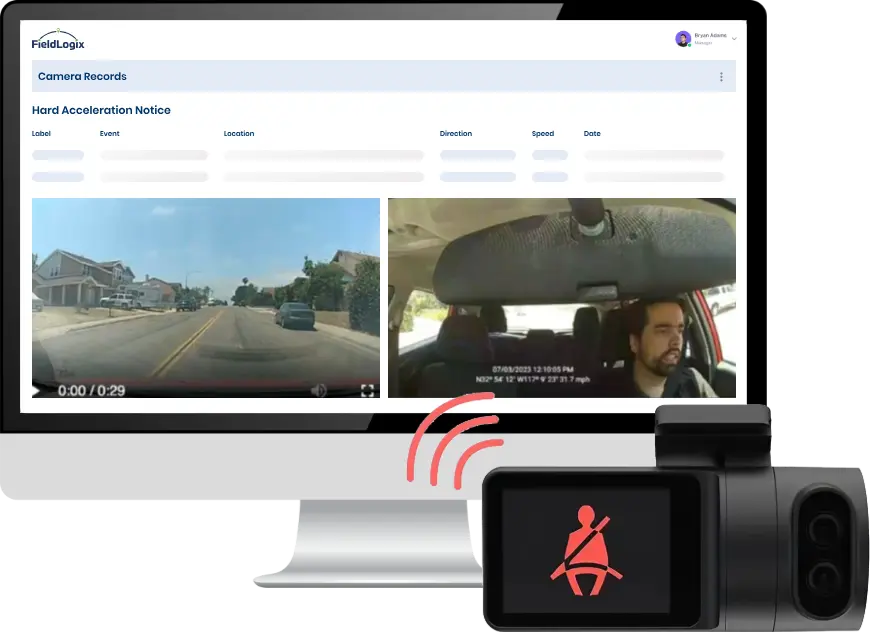Driver Caught On Laptop & Drinking Coffee While Driving
In a recent police crackdown in England, named Operation Tramline, a man was caught using a laptop and drinking a hot cup of coffee while driving. Another man was seen eating a pear with a knife while driving while a third motorist was seen writing down the answers to a quiz on the radio.
Distracted driving has become a real problem. Not only is it illegal, but it is dangerous. “I hear, almost daily, accounts of people who are injured while texting,” said Dr. Angela Gardner, president of the American College of Emergency Physicians. Gardner said “It has stopped being an oddity when we hear that someone was texting and has a wreck. Now it’s more of a fairly common occurrence…While sending out a status update during a leisurely drive may seem innocuous, it only takes a moment for distracted drivers to become vulnerable.”
According to Sgt. Paul Diamond, 84 vehicles in Operation Tramline were stopped due to offenses being witnessed, and of these 55% were commercial vehicles, according to BBC News.











